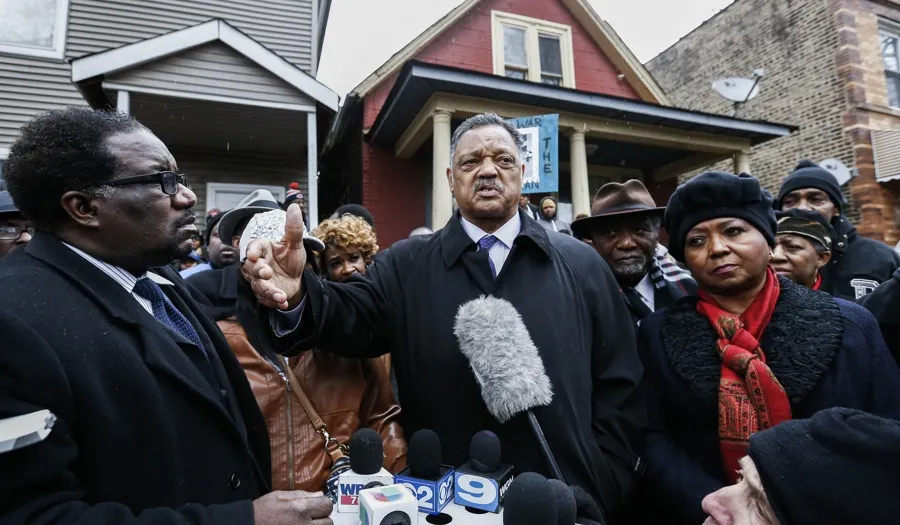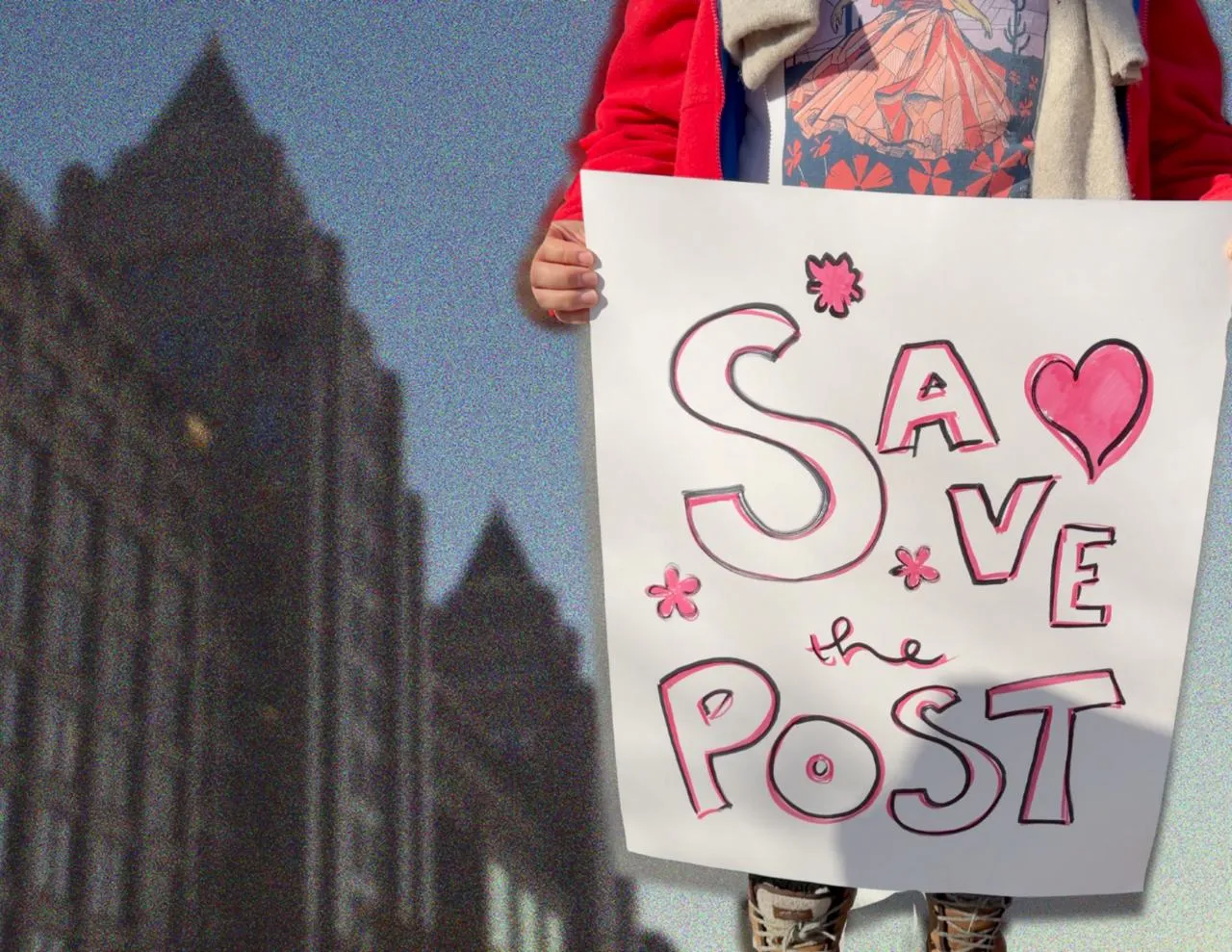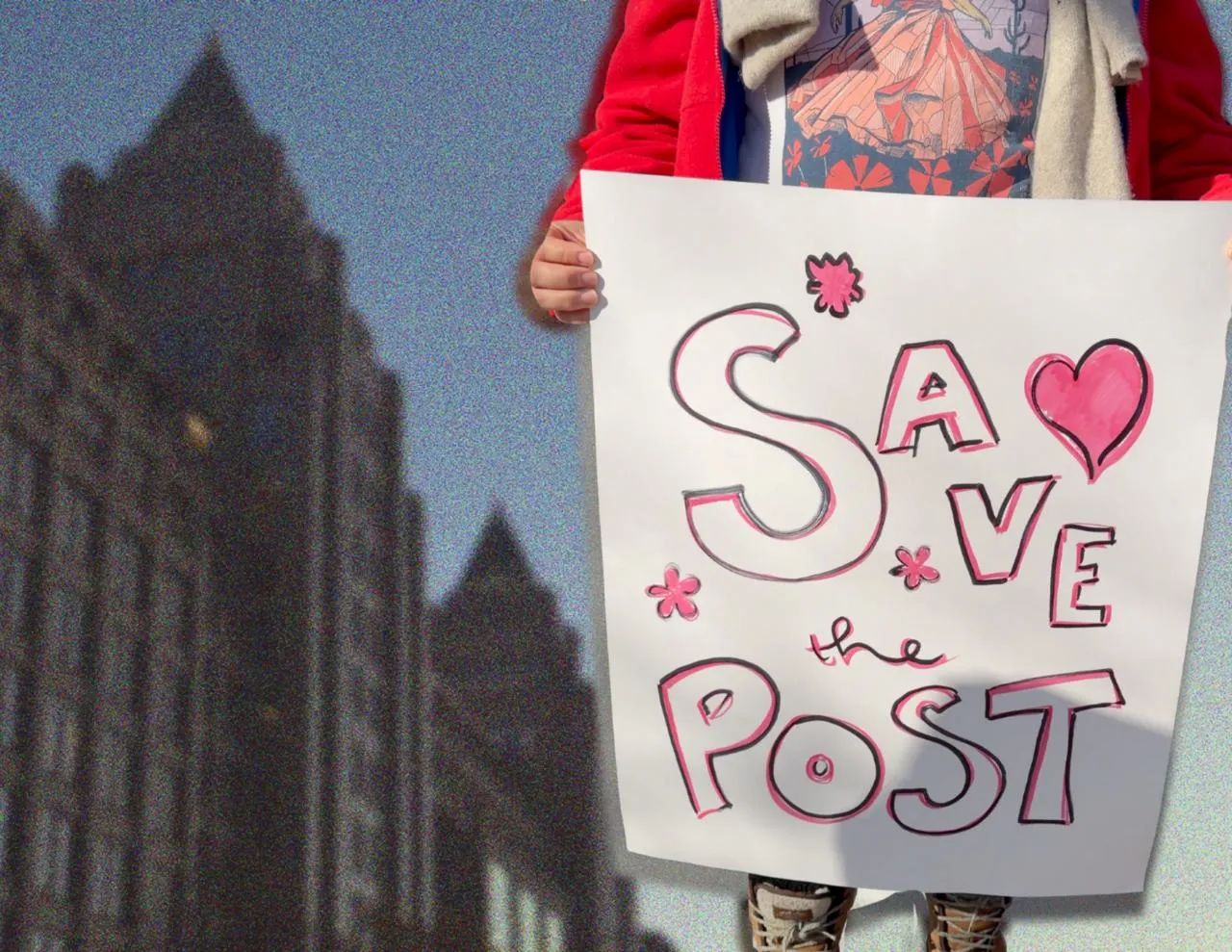National Mall of Washington. Morning of Saturday, August 24th. It is the celebratory weekend of the 50th anniversary of the March on Washington. On August 28, 1963, we heard voices in DC that served as catalysts of unrest against a racist and unjust society. That day, the pathway to change was found. And everything culminated in “I Have a Dream,” the final speech of that glorious day delivered by Martin Luther King, Jr. Years of peaceful and organized protests finally bore fruit to the 1964 Civil Rights Act and the 1965 Voting Rights Act. Democracy was victorious.
Fast-forward 50 years minus four days. On August 24, 2013 there were fewer anxious demands for justice, but more attempts to include sectors of civil society which, in the past, had not been major players. I am referring to the undocumented immigrant and homosexual communities. And something else stood out on the 24th: a voice that cried out for some individual responsibility.
All dreams have a price, and we pay for them with our everyday behavior. Only we, as individuals, are the key to change.
Reverend Al Sharpton valiantly attacked the popularized “culture” of the young Black male that glamourizes weapons, violence, and a lack of respect towards women. “We need to give them dreams again, not to worry about sagging pants, but sagging morality,” Sharpton said. “If we told them who they could be and what they could do, they would pull up their pants and get to work.” The words of Sharpton should serve as the “I Have a Dream” for the young generation. It was a call to change that must start with the individual.
For their part, the Latino voices on the Mall focused on the issue of immigration. The President of the National Council of La Raza, Janet Murguía, and María Teresa Kumar of Voto Latino urged for equal voting rights and immigration reform. Additionally, the President of George Mason University, Angel Cabrera, called for equal access to education with an immigration twist.
“Thousands of young men and women are denied an education…because they may not be rich enough, because they may not be documented enough”, said Cabrera. However, there was one thing missing from that glorious morning: a clear, aggressive voice from the Latino community that could preach Sharpton’s message of individual responsibility.
Policy reform is necessary, but no one called on the immigrant to revise certain “cultural” tendencies that have helped create the current mainstream image of Latinos. Let’s question politics and media that hurt our community and let’s question ourselves: treat women like equals, stay in school, stay away from drugs, and, if you’re a parent, keep your child disciplined and focused on academics.
All dreams have a price, and we pay for them with our everyday behavior. Only we, as individuals, are the key to change.
Discursos en Washington
Monumento a Lincoln. Mall Nacional de Washington. Mañana del sábado 24 de agosto. Es el fin de semana de las celebraciones por los 50 años de la Marcha de Washington. El 28 de agosto de 1963 se escucharon voces en DC que fueron el catalizador del malestar contra una sociedad racista e injusta.
Ese día el cambio encontró su camino. Y todo pareció resumirse en el “I Have a Dream”, último discurso de aquel glorioso día pronunciado por Martin Luther King, Jr. Años de reivindicación pacífica y organizada fructificaron luego en la Ley de Derechos Civiles (Civil Rights Act ) de 1964 y en la Ley de Derecho al Voto (Voting Rights Act) de 1965. Venció la democracia al hacerse ilegal la discriminación por razón de raza, género, religión u origen nacional.
“Fastforward” 50 años menos cuatro días. El 24 de agosto de 2013 hubo menos ansiedad reivindicativa que cinco décadas antes, pero más intentos por incluir a sectores de la sociedad civil que, en el pasado, no habían sido protagonistas. Me refiero a la comunidad inmigrante indocumentada y a la comunidad homosexual. Y hubo algo más: una voz que clamó por la responsabilidad individual.
El reverendo Al Sharpton atacó con claridad y valentía a la “cultura” del joven hombre negro que glamuriza las armas, la violencia y la falta de respeto hacia las mujeres. “Necesitamos darles sueños nuevamente, para que no se preocupen tanto de los pantalones caidos, sino de una moral que se cae”, dijo Sharpton. “Si les decimos quiénes podrían llegar a ser y qué podrían hacer, se subirían los pantalones y se pondrían a trabajar”.
Las palabras de Sharpton fueron el “I Have a Dream” para las nuevas generaciones. Fue un llamado al cambio empezando por el individuo. Ahora.
Todo sueño tiene un precio que debemos pagar con nuestro comportamiento cada día. Nosotros mismo somos la clave de cualquier cambio.
Por su parte, las voces latinas de aquella gloriosa mañana en el Mall se centraron en el tema de la reforma migratoria.
La presidenta del “National Council of La Raza”, Janet Murguía, y María Teresa Kumar de “Voto Latino” pidieron igualdad de derechos para los votantes y que se apruebe la reforma migratoria. Además, el president de George Mason University, Angel Cabrera, hizo un llamado a favor del acceso igualitario a la educación con énfasis en lo migratorio.
“A miles de jóvenes se les niega la entrada al mundo educativo…tal vez porque no son lo suficientemente ricos, tal vez porque no están lo suficientemente documentados”, dijo Cabrera.
Eché de menos una voz áspera como la de Sharpton exigiendo responsabilidad individual al inmigrante latino.
Nadie les pidió que revisasen ciertos códigos “culturales”: a las mujeres no se las maltrata, en la escuela hay que estudiar, en la calle no se toma, si eres padre o madre ayuda a los profesores de tus hijos en temas de disciplina y trabajo académico.
Todo sueño tiene un precio que debemos pagar con nuestro comportamiento cada día. Nosotros mismo somos la clave de cualquier cambio.











